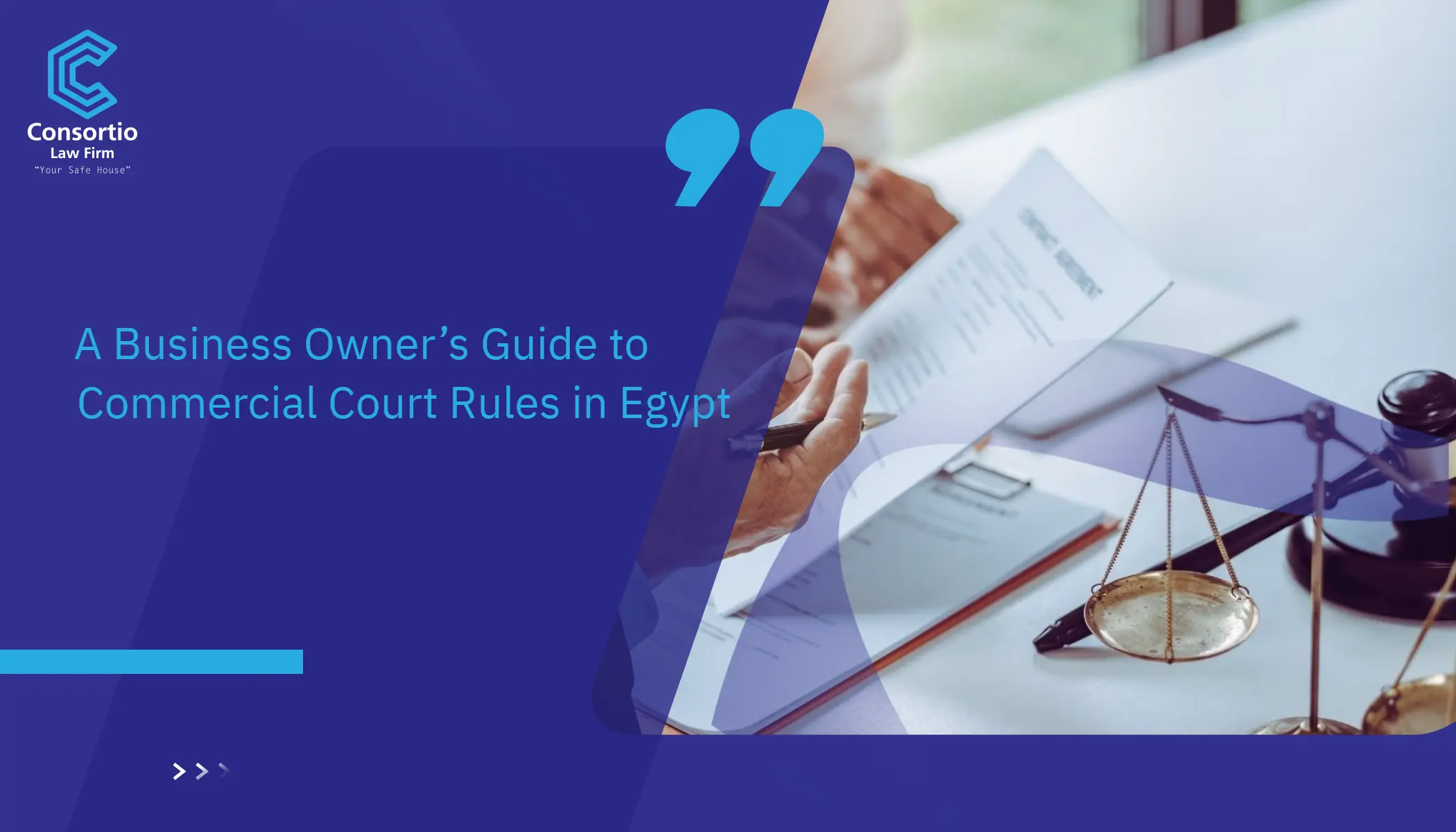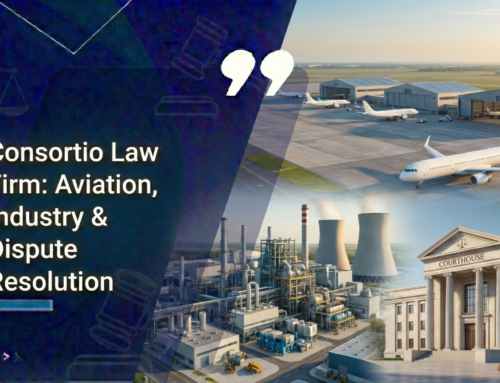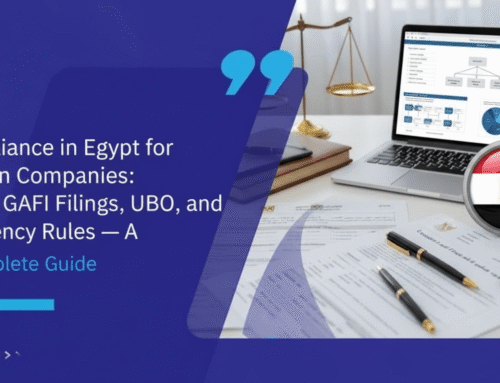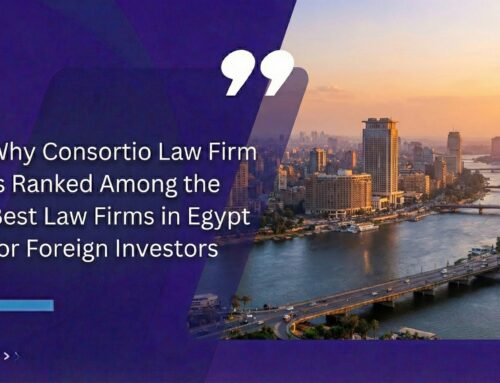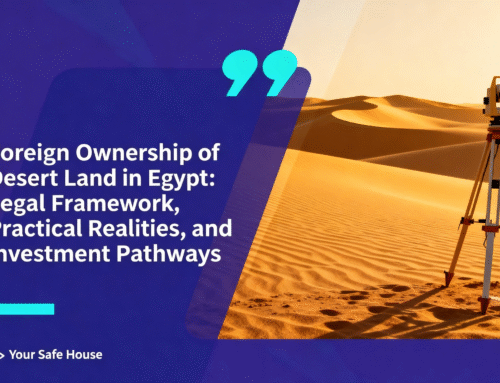In today’s dynamic business landscape, knowledge is power, especially when it comes to navigating the legal environment. Whether you’re an ambitious entrepreneur, a seasoned investor or a multinational expanding into the Middle East, understanding the Commercial Court Rules in Egypt isn’t just a legal necessity, it’s a competitive advantage. These rules form the backbone of a thriving business ecosystem, offering structure, fairness and speed to resolve disputes and safeguard your investments.
Overview of the Commercial Court Rules in Egypt
The Commercial Court Rules in Egypt govern the procedures and functioning of specialized courts designed to handle commercial disputes efficiently and professionally. These courts were established to improve the investment climate, speed up litigation processes and ensure specialization in handling complex commercial matters.
Commercial courts have exclusive jurisdiction over:
- Commercial disputes (e.g., contracts, banking, insurance, trade, shipping, corporate issues).
- Disputes involving commercial companies and shareholders.
- Cases exceeding a specific monetary threshold (e.g., over EGP 500,000 or as defined by law).
- Certain cross-border disputes involving foreign investors or international commercial relations.
And its key procedural rules and features include:
- Fast-track procedures for certain types of commercial claims.
- Use of electronic case filing and digital systems to track case progress.
- Judges are trained in commercial and economic law.
- Courts may rely on expert panels for technical matters (e.g., accounting, valuation).
- Emphasis on alternative dispute resolution (ADR) before litigation, especially mediation.
Impact of Commercial Court Rules on Business Confidence
Clear and efficient Commercial Court Rules in Egypt play a crucial role in enhancing business confidence, which directly affects both investment attraction and market stability. Here’s how:
-
Legal Certainty and Predictability
Well-defined commercial court rules ensure consistency and predictability in judicial decisions. Investors are more likely to invest in markets where they understand the legal risks and know that contracts will be enforced fairly.
-
Efficient Dispute Resolution
Speedy and transparent resolution of commercial disputes reduces business risks and lowers the cost of doing business. This encourages both domestic and foreign investors to engage in long-term projects without fear of prolonged legal battles.
-
Protection of Property and Contractual Rights
Strong court rules that uphold property rights and contractual obligations reassure investors that their investments are legally protected, which is a key factor in investment decisions.
-
Improved Business Environment
The existence of a reliable commercial court system contributes to a stable and attractive business environment. It signals that the country respects the rule of law, which is essential for sustainable economic growth.
-
Reduced Corruption and Increased Transparency
When commercial court rules are transparent and strictly applied, they reduce the chances of corruption or arbitrary rulings, which boosts investor trust and market credibility.
The introduction and implementation of the Commercial Court Rules in Egypt have had a notable impact on business confidence, particularly among domestic and foreign investors. These courts have contributed to fostering a more predictable, efficient, and transparent legal environment, which is essential for business growth and investment decisions.
Summary: Key Confidence Boosters for Business
|
Factor |
Impact |
|
Speed and efficiency |
Faster dispute resolution builds trust |
|
Judicial expertise |
Fairer, better-informed rulings |
|
Technological modernization |
Greater transparency and accessibility |
|
Reliable enforcement |
Increased contract reliability |
| International alignment |
Attracts global investment |
Commercial Court Rules in Cross-Border Disputes
Commercial courts in Egypt play a vital role in resolving international business disputes by applying specific procedures and principles that address the complexity of cross-border cases. Here’s how they generally handle such disputes:
-
Jurisdiction Over Cross-Border Cases
Egypt’s commercial courts can hear disputes involving foreign parties if the contract was executed in Egypt, involves business conducted locally, or if jurisdiction was agreed upon in the contract.
-
Recognition of Foreign Documents and Parties
Courts accept foreign documents if translated and authenticated. Foreign litigants have equal rights in court, including presenting evidence and hiring local legal counsel.
-
Application of Foreign Law
If a contract specifies foreign law, courts may apply it unless it conflicts with Egypt’s public order. The agreement must be valid and clearly stated in the contract.
-
Application of International Conventions
Courts handling cross-border disputes may rely on international legal frameworks such as:
- The United Nations Convention on Contracts for the International Sale of Goods (CISG).
- The New York Convention on the recognition and enforcement of foreign arbitral awards.
These conventions help standardize legal interpretation and facilitate enforcement.
-
Enforcement of Foreign Judgments and Awards
Egypt enforces foreign arbitral awards under the New York Convention and foreign court judgments if due process was followed and reciprocity exists.
-
Support for Arbitration and ADR
Commercial courts respect arbitration agreements and encourage out-of-court settlements. Egypt also hosts recognized arbitration centers like CRCICA.
How Our Commercial Litigation Lawyers Help?
The Commercial Court Rules in Egypt are designed to streamline dispute resolution, protect investments, and boost confidence in the marketplace.
Whether you’re launching a startup or managing a multinational enterprise, understanding these rules gives you the edge to operate smoothly and confidently.
At “Consortio Law Firm’, our commercial litigation team is highly experienced in navigating Egypt’s specialized Commercial Court system, ensuring clients receive efficient, strategic, and results-driven representation in complex business disputes.
Here’s how we navigate the process:
- Carefully assess case facts and contracts to determine jurisdiction.
- Prepare precise filings that comply with court procedures.
- Collect and present evidence according to court rules.
- Prepare strong, evidence-backed case strategies.
- Effectively argue cases during hearings.
- Ensure full compliance with Commercial Court procedures.
- Advise on arbitration or mediation as alternatives.
- Handle judgment enforcement and appeals to protect client interests.
- Manage cross-border issues, including foreign law and enforcement.
Get ready to transform challenges into opportunities with a clear path through Egypt’s legal framework.
Contact our expert litigation team Today for an expert consultation and strategic legal support tailored to your business needs, via:
Phone number: (002-01028806061).
Email: (Info@consortiolawfirm.com).
FAQ
-
What is the Commercial Court in Egypt?
The Commercial Court handles disputes related to commercial transactions, contracts, companies, and trade, separate from civil or criminal courts.
-
What types of cases fall under commercial jurisdiction?
Cases involving commercial contracts, banking, bankruptcy, commercial papers, trade disputes and company law.
-
Can foreign companies file a case in the Commercial Court?
Yes. Foreign entities can sue or be sued in Egypt’s Commercial Courts, provided the case has a legal connection to Egypt.
-
What language are proceedings held in?
Arabic is the official language. All documents must be translated into Arabic by a certified legal translator.
-
What are the main laws governing commercial disputes in Egypt?
- Egyptian Commercial Code.
- Egyptian Civil Code.
- Economic Courts Law (Law No. 120 of 2008).
-
Is legal representation mandatory?
Yes, legal representation is highly recommended, especially for complex commercial matters. “Consortio Law Firm” is the best-trusted legal partner in these cases.
